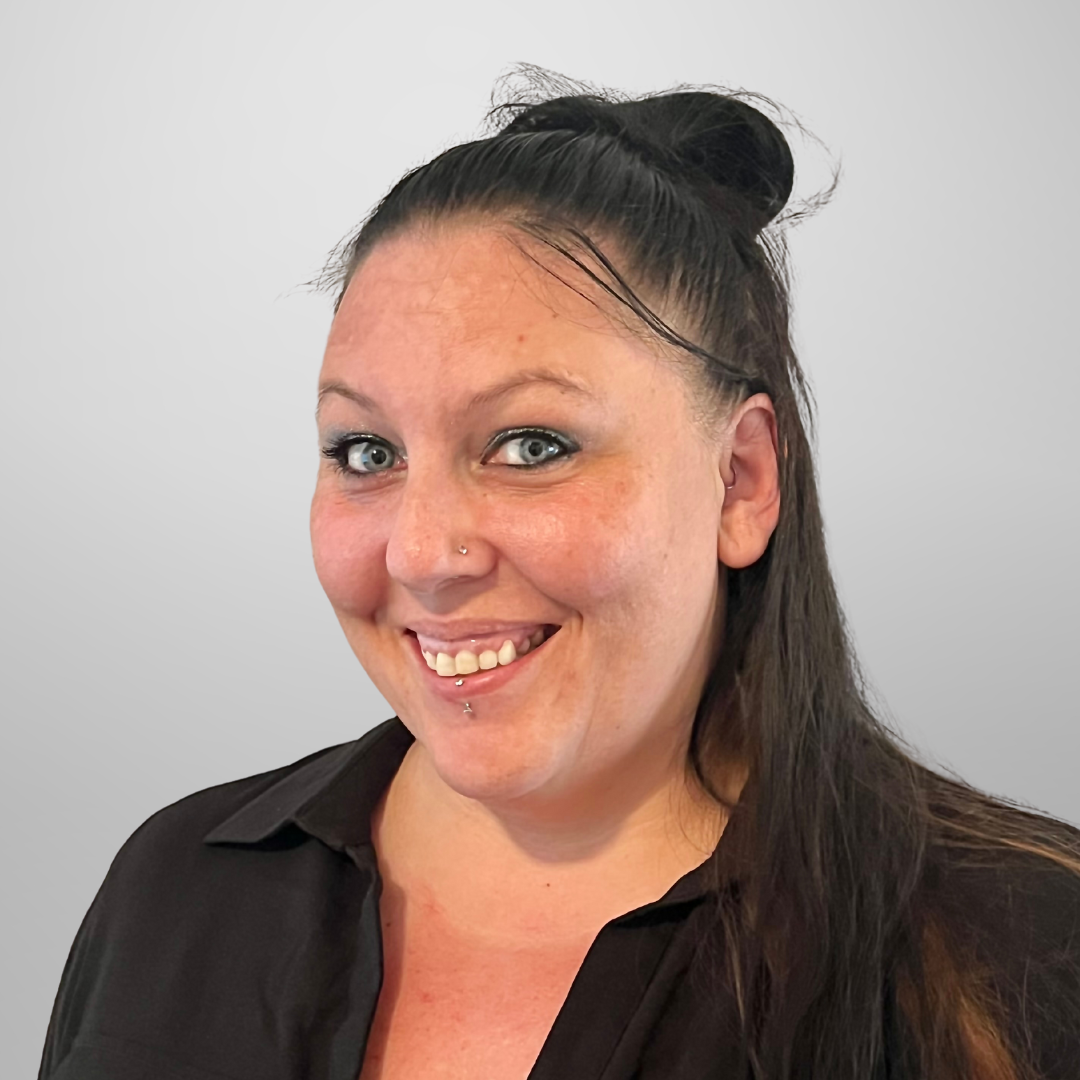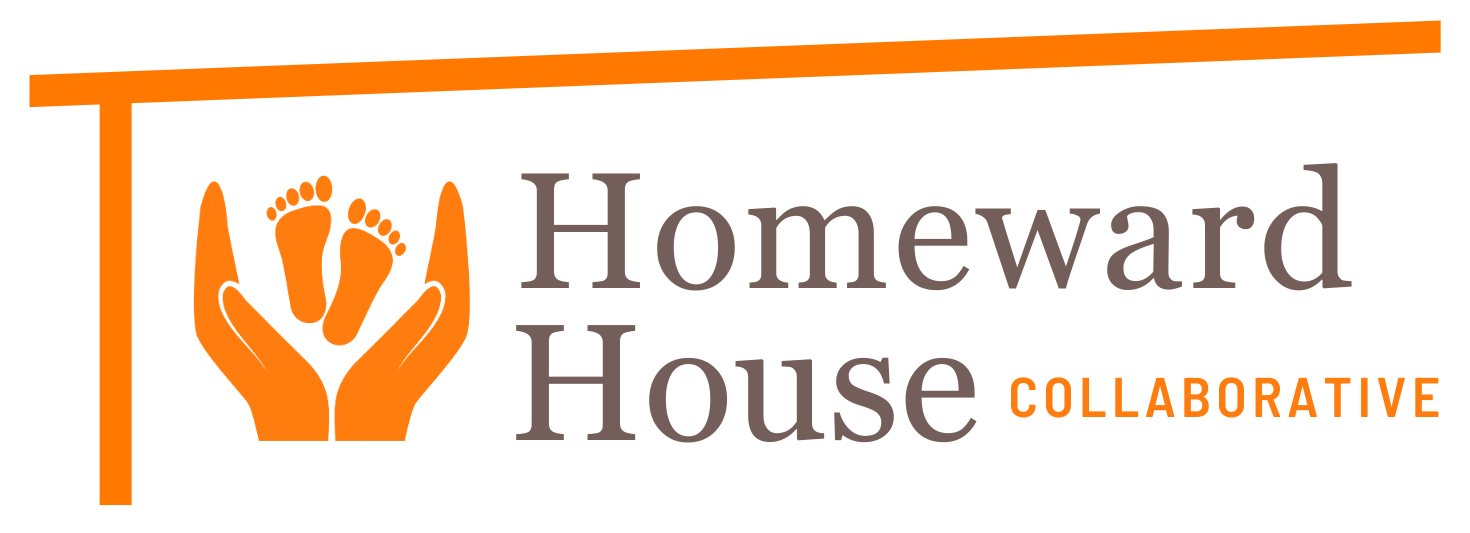
Parent Ally Mentor
Amber
Amber is living proof that doing the work for yourself, not for anyone else, is at the heart of success in recovery. After experiencing homelessness and a possible seven-year prison sentence, she found hope through Adult Recovery Court. In recovery since 2021, Amber has worked hard to build a good life for herself and her two beloved daughters. Today, she has regained custody, enjoys a strong relationship with both daughters and is passionate about helping other parents realize they are not alone in their struggles.
Despite being in treatment four times, Amber found that her sobriety never lasted. Each time she completed a program, she landed back on the streets of Everett, where progress became impossible, and crime became a part of life. At her lowest point, Amber was experiencing homelessness, hobbled by addiction, and facing seven years in prison for stealing cars.
For many years, when her two daughters were very young, drugs did not have a major role in Amber’s life. She remembers seeing other parents struggling with addiction and thinking, Why can’t you get clean for your kids? Now, her girls, ages 9 and 12, were living with friends and family, and she felt everybody was judging her the way she had judged others. It was a barrier to her recovery.
“I was a great mom in the beginning,” Amber reflects, “but then stuff happened, and I guess I just gave up on myself.”
Her daughters were close enough that she could see them whenever she wanted, and for a while, that was enough. But a seven-year prison sentence was a harsh reality—and a long time to be taken away from her daughters.
“I never saw myself doing a day in jail, let alone seven years,” says Amber.
Amber was offered a lifeline by Adult Recovery Court (ARC), also known as “drug court”—an alternative to prison. It gave her a chance to participate in treatment services instead of being incarcerated. It also provided connections to mental health services, which were crucial to her recovery.
“I became a huge believer in counseling,” Amber reveals.
Fortunately, Amber was able to secure housing, which was also key to her recovery. With a stable home, she could focus on rebuilding her life without the constant fear of returning to the streets. As she progressed, the possibility of reuniting with her daughters became real.
Then something unexpected happened. Amber’s older daughter, nearing 16, wasn’t sure she wanted to risk giving up a stable home environment with a relative to move back in with her mother. This devastating news made Amber question why she was even in recovery.
“I was thinking about what my daughter had said, and then I realized: I’m not doing this for my kids. I’m doing this for me,” says Amber. “I’ve got to do this for me.”
That realization became a defining moment in Amber’s journey. No longer was she seeking recovery just for the sake of her children—she was doing it for herself, for her own future, and for her own worth.
Today, Amber is in a very different place. After completing ARC, she successfully regained custody of her daughters, who have become her biggest supporters. Her older daughter is now pursuing a double major in psychology and social work at Central Washington University, inspired by her journey and experiences with her mom.
“She said to me, ‘Mom, thank you for helping me figure out what I want to do with my life,’” Amber says proudly.
Amber is channeling her lived experience to help others, too. Despite her insecurity about reentering the workforce after many years, she took the leap and applied to be a Parent Ally Mentor intern with Homeward House. She quickly discovered that her personal development as a parent in recovery, and her deep desire to help others, made her a perfect fit for the role.
“The interview questions were things I knew about and had answers to because of my lived experience,” Amber explains. “I was super excited, and it was like, let’s open this new chapter of my life.”
Following a successful internship and additional training, Amber became a Parent Ally Mentor on the staff at Homeward House. She is eager to support parents on their own journey to recovery, helping them navigate the challenges of substance use disorders, Child Protective Services (CPS) involvement, and family reunification. Knowing firsthand how isolating it can feel to be involved with systems like CPS and how difficult it is to overcome addiction empowers her to help make a real difference for others.
Amber’s story is proof of the inner strength that comes from accepting support, choosing to be accountable, and doing the work for yourself first. Her message to other parents is clear:
“You can get your kids back. Let me help you. Let’s do this together.”
